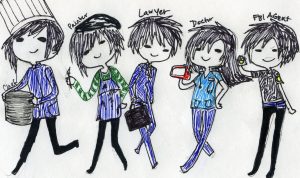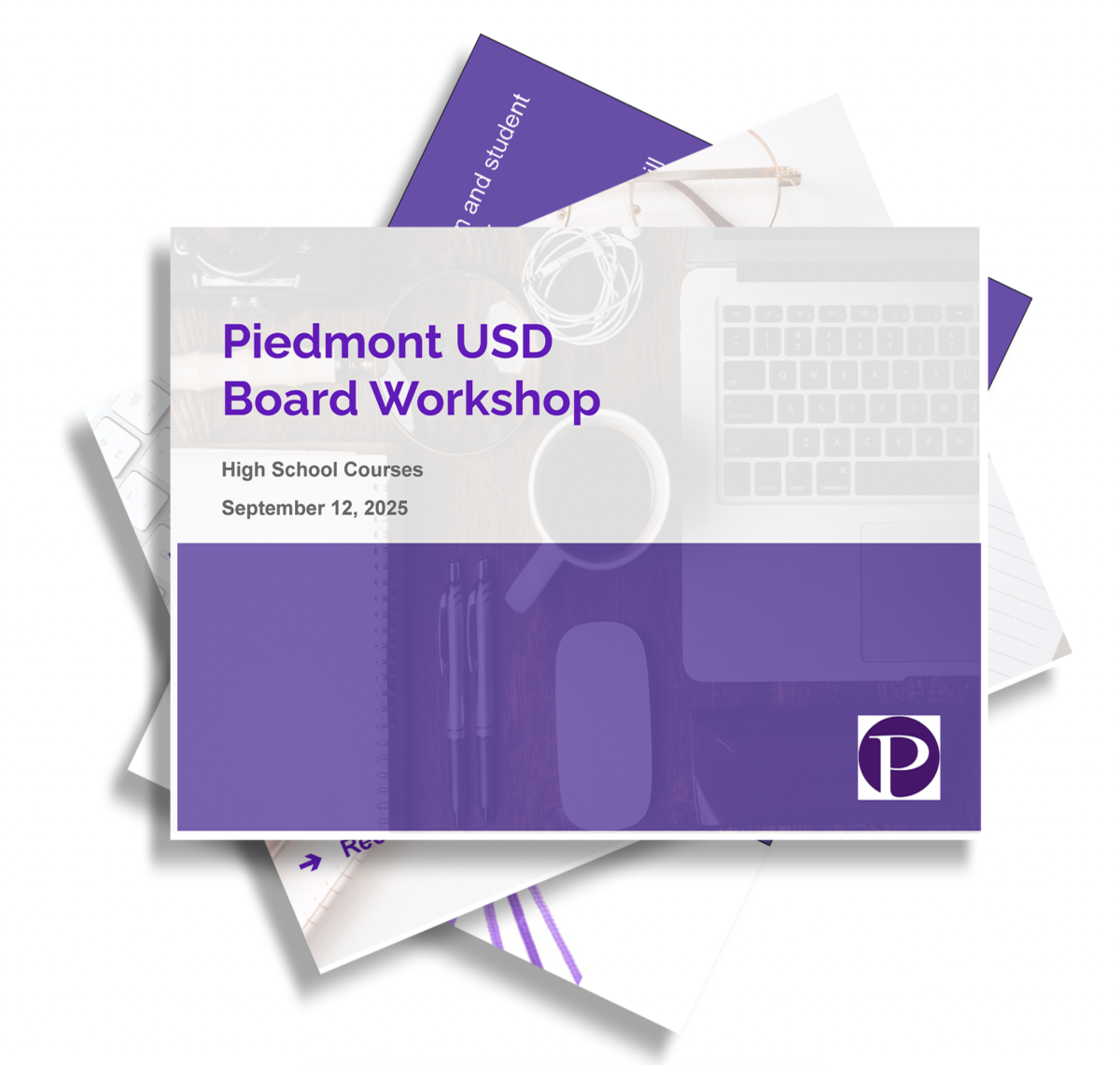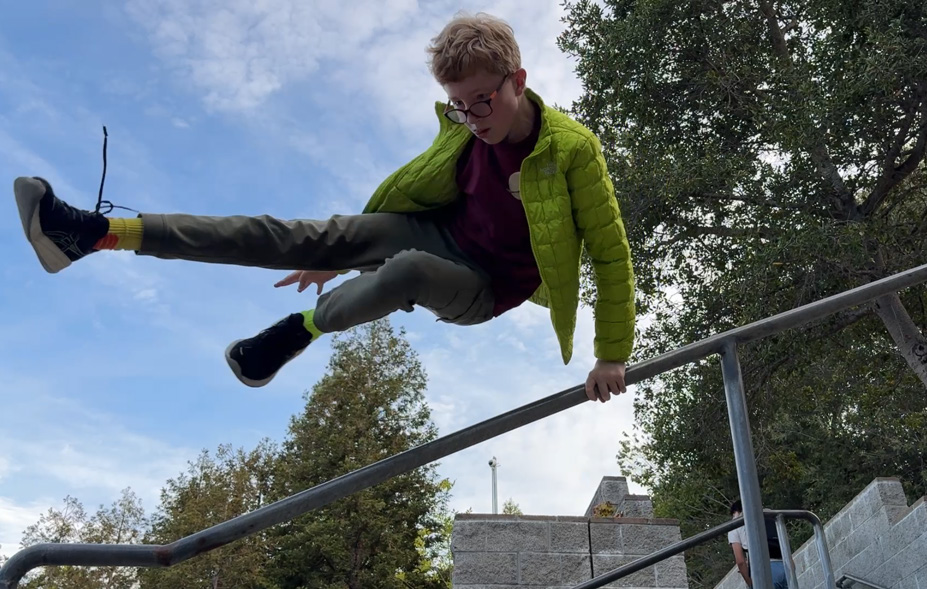 A Google game designer, lawyer, and winemaker are just a few of the various speakers who will be attending Career Day to inform students about their professions on March 28.
A Google game designer, lawyer, and winemaker are just a few of the various speakers who will be attending Career Day to inform students about their professions on March 28.
Career Day occurs every two years and is mandatory for all students. Hosted by the College and Career Center and the Piedmont Boy Scouts of America (BSA) Council for over 40 years, Career Day allows students to learn about a wide variety of professions from people with first-hand experience. Approximately 70 speakers are invited to the event.
Chair for Career Day for the Piedmont BSA Council Eileen Ash Arthur said she and the other event organizers invite speakers from previous years, as well as new speakers with interesting or emerging careers.
“The event really benefits from the great Piedmont community, which has a wide variety of career paths and professions represented and lots of people who are eager to share with the students,” Ash Arthur said. “Many of the speakers are Piedmont residents, but several come from other communities.”
Students attend two speaker seminars, each session consisting of two or three speakers with related professions. A speaker catalog is available online, and students can sign up both online and in the classroom. When students register, they are asked to select their first, second, and third choices, though this does not guarantee they will get them. If students do not sign up, they will be assigned speaker seminars.
“A lot of the students last time did not sign up,” said Director of the College and Career Center Sandra Brod. “It’s really important that [students] choose their interests and we’re not choosing it for them.”
Career Day runs between brunch and lunch, from 9:35 a.m. to 11:45 a.m. Each speaker seminar is about an hour long. Often, the speakers will spend about 15 to 20 minutes each, sharing their backgrounds, describing their jobs, and explaining what they like and dislike about what they do, said Ash Arthur. They use the remaining time to answer questions.
“Career Day is an important opportunity for the students to learn first-hand how people chose a career, what their work is like on a daily basis, and how career focus can shift over time,” Ash Arthur said. “It gives students an opportunity to hear about potential careers from adults outside of their circle of family and friends, and hopefully exposes students to exciting careers they haven’t yet thought about.”
Brod said Career Day allows students to see how what they learn in school can be applied to various occupations.
“You know you can actually see, ‘Oh, I have to study chemistry, and if I study chemistry, I can do this,’” Brod said. “As oppose to just, ‘Why am I studying chemistry?’”
Junior Anna Sanford attended a seminar about cooking and the food industry and another about writing her freshman year. She said the seminars were very informative and she is looking forward to Career Day this year.
“It’s interesting to hear what people do and get ideas about what I might want to do in the future,” Sanford said.
Junior Joseph Powell said one his speakers freshman year was an engineer who helped make turbines to create wind power. He said the seminar provided him with much insight and information.
“I thought it was interesting since renewable energy is something I might want to do in the future,” Powell said.
Senior Cecil Lam said he enjoyed Career Day because it exposed him to a variety of people who were experienced and invested in their fields.
“It was entertaining to hear [what] the work life experience [is like] and how different it is from spending your time studying, doing homework, or procrastinating,” Lam said.
Senior Natalie Kucirek said she had a positive Career Day experience sophomore year, and that one of her speakers, researcher Beate Illek, introduced her to various summer opportunities.
“I liked hearing about people’s lives, especially in fields that I’m interested in,” Kucirek said. “It was very inspiring to see the potential for my own life.”
Ash Arthur said she hopes Career Day broadens students’ outlooks to new possibilities of their paths after high school.
“One of the most important things for students to take away from the day is that careers do not always follow a linear path, and that one’s focus often shifts as they move through careers,” Ash Arthur said.
Brod said students should register for the areas that interest them, but try to explore too.
“We get a lot of kids [that] turn up for the FBI, and they’ve never thought about it, but they’re really interested in what that person actually does,” Brod said. “Even if you’re not wanting a career in it, [you should register] if it’s something you want to know about.”



























